‘Open Access’ manufacturing
In the December 2023/January 2024 issue of ISMR, we highlight the UK’s first ‘open access’ factory, which has established a blueprint that has the potential to reshape the maker culture.
========
BLOQS hopes to herald a manufacturing revolution in London, refining a blueprint that it hopes will work for every city in the world. BLOQS is the UK's first open-access factory, offering pay-as-you go accessibility to £1.3 million worth of light industrial equipment. This includes wood processing and metal fabrication; engineering mills/ lathes; CNC machining; 3D printing and sewing machines.
The beautiful and practical space co-designed by BLOQS and 5th Studio architects has won a RIBA Regional Award 2023, a RIBA Regional Sustainability Award 2023 and a RIBA National Award 2023. With backing from the Mayor of London and sitting on an advisory board for MAKE UK, BLOQS is disrupting manufacturing with a “WeWork” model for today’s maker economy.
“The partnership between the founders of BLOQS and Enfield Council has created a blueprint for city regeneration of neglected industrial sites, sustainably creating jobs and fostering creativity with a modern community-centred ethos, ripe for replication nationally and globally,” BLOQS explained.
The sharing economy
“BLOQS is leading the evolution in the maker-economy, providing workspace, education and access to a huge range of high-end professional machines and equipment for the makers of today and tomorrow. It effectively gives tech ‘the human touch’. As much a community space as a physical place, BLOQS reflects the ethos at the centre of maker culture where the intersection of open-access hardware and knowledge, sharing equity, abounds,” it told ISMR.
With pay-as-you-go access, entrepreneurs can utilise this equipment as and when they need it, eliminating the burden of fixed and high overhead costs. This reflects the increasing trend of the sustainable ‘sharing economy’, which is expected to be worth around £140 billion by 2025 (according to a PWC report). It also reflects the growing public desire for bespoke items, or products manufactured with a lower carbon footprint.
"BLOQS provides the missing link for solopreneurs and SMEs seeking to bridge the gap between start-up and producing at scale," outlined Al Parra, Co-Founder, BLOQS. "Our space empowers, fostering growth that remains rooted in the community."
A sustainable impact
This growth, explained BLOQS, can be achieved sustainably both in the business’ financial commitments and its environmental impact.
“Currently, most manufacturing processes involve long international supply chains and invisible production which are almost inevitably environmentally unsustainable. By making locally in a city, close to the makers’ end users, BLOQS offers a positive alternative,” highlighted Arnaud Nichols, fellow Co-Founder at BLOQS.
It’s not just being close to the end customer that is sustainable, but also the fact that more than 700 companies share one space.
“It’s a matter of ratios. Our factory is 32,000 square feet. Hypothetically, if we vanished overnight and a very conservative estimate of only a third of our members were forced to afford an average workshop, their combined footprint would cover roughly 200,000 square feet. Each workshop necessitates its own embodied energy expenditure for machinery, infrastructure, real estate and a lifetime of energy use. That's a vast expenditure. Sharing is now an ecological imperative,” said Arnaud Nichols.
Sustainability has also been designed into the BLOQS infrastructure itself. All energy from wood waste is recovered by a biomass boiler and used for space heating, central heating and the building’s various hot water needs. Recently installed solar panels to the roof provide 35% of the site’s electricity. These features and the facility’s usability and slick design all contributed to its recent RIBA Award wins.
“BLOQS is a social enterprise whose purpose is the creation of social and economic capital for the communities it serves, whilst being frugal with the planet’s increasingly scares resources. We take environmental stewardship seriously, as we look to regenerate urban creative economies by seeding maker hubs where creatives can learn and thrive together” added Parra.
Regeneration and education
Data shows that this regeneration is much needed. A recent report (Centre for London: Making Space) by an independent commission found that London has lost a quarter of its industrial floorspace over the past 20 years.
“BLOQS answers a systemic need in cities for affordable workspace. The trend for commercial and industrial land to be turned into often more profitable and badly needed housing has put a squeeze on space for people to create. We’re bringing energy and opportunity to under-loved areas, to people who’ve been forgotten and under-valued. We’re not really building workshops,” outlined Nichols. “What we’re doing is building a model for how resources can best be shared to achieve truly amazing things.”
This energy and model are already delivering commercial success. 380 full-time equivalent jobs have been created and £15m per year is generated in the local economy by BLOQS members.
The impact on the economy could be noted for much longer, with more than 4,000 hours of education provided by BLOQS on the machinery, software and manufacturing skills. More than 550 hours of free adult education has been provided with London’s largest further education provider, Capital City College Group. The team’s and site’s capabilities have also led to the Imperial College Engineering Department engaging BLOQS to deliver undergraduate teaching modules.
To read the rest of this article in the December 2023/January 2024 issue of ISMR, see https://joom.ag/yond/p28

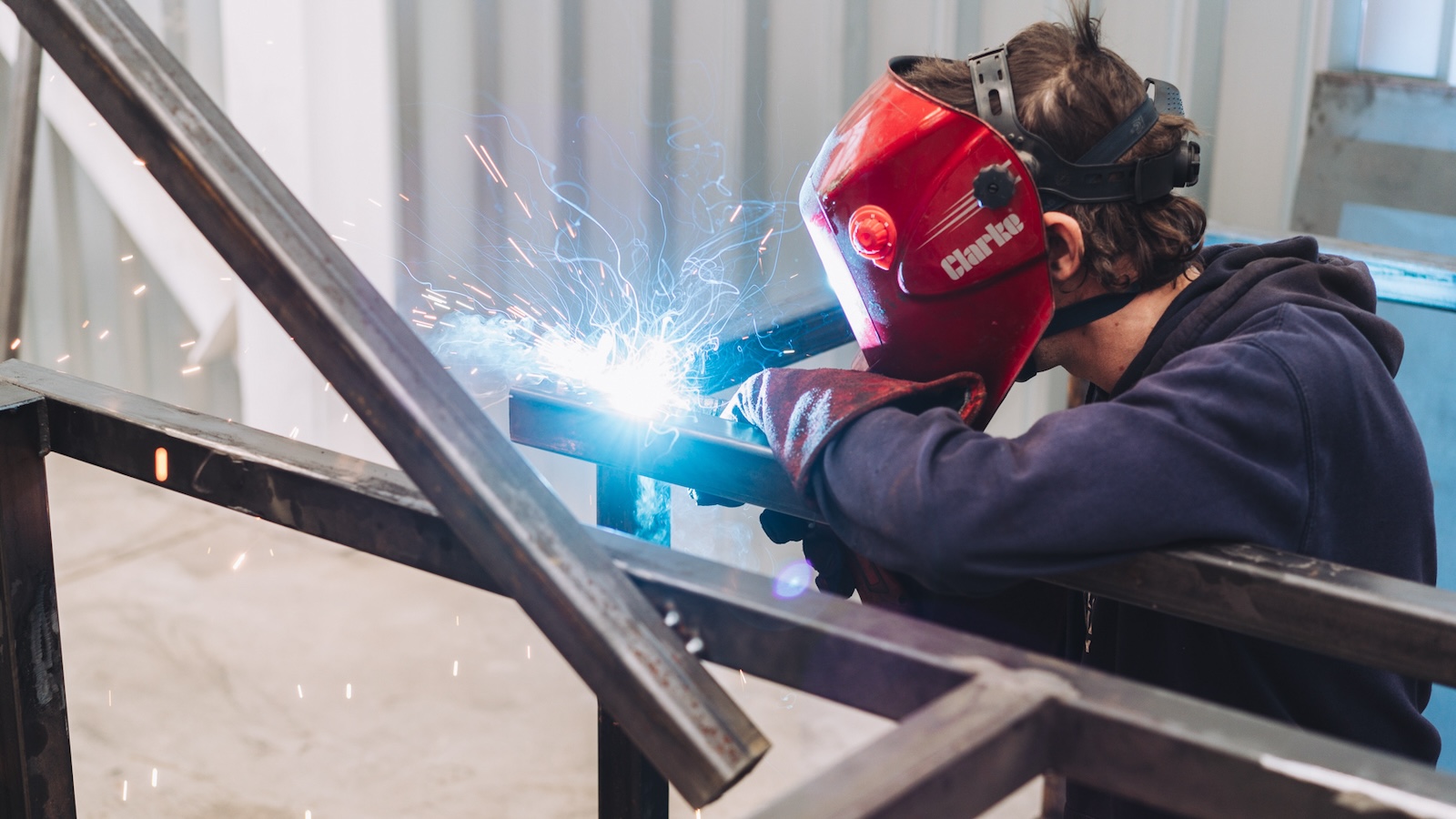
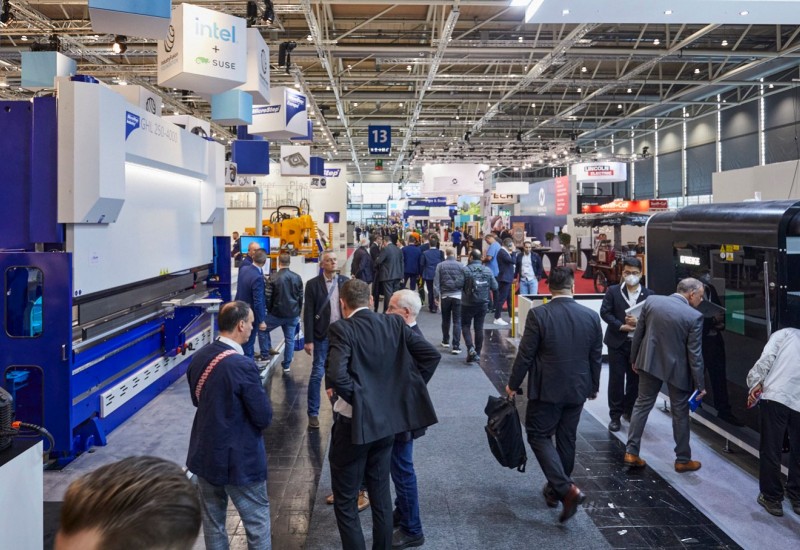
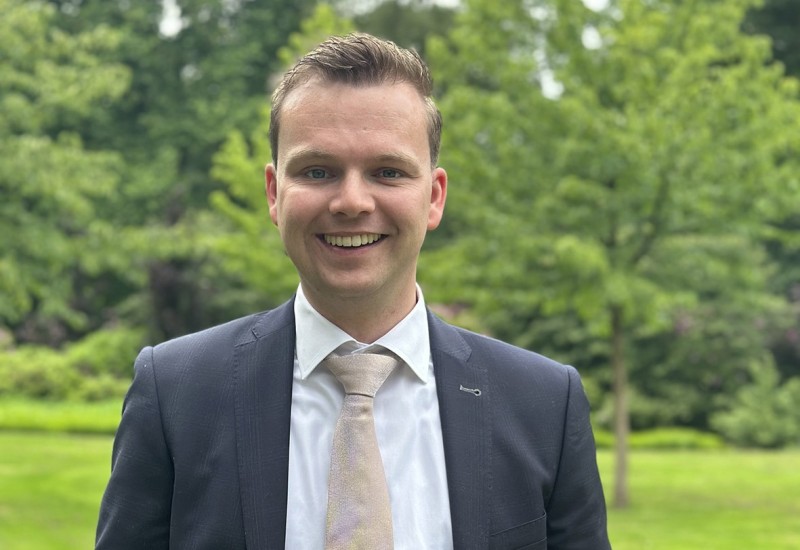
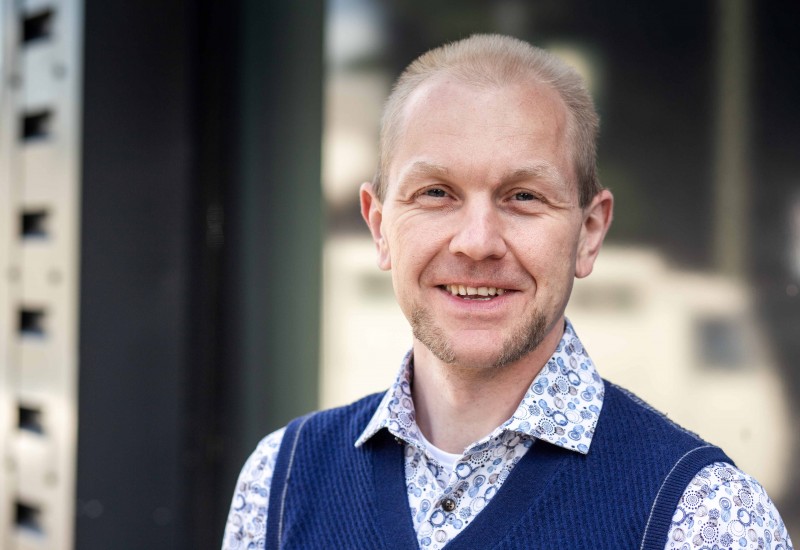
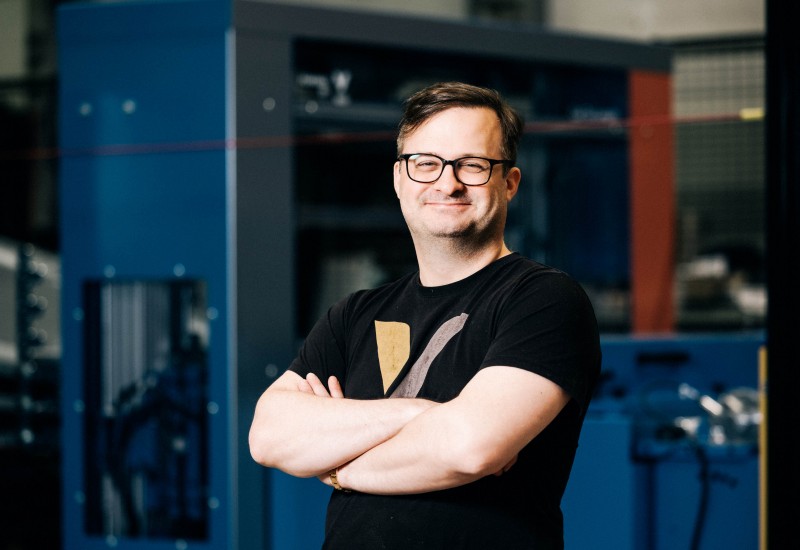
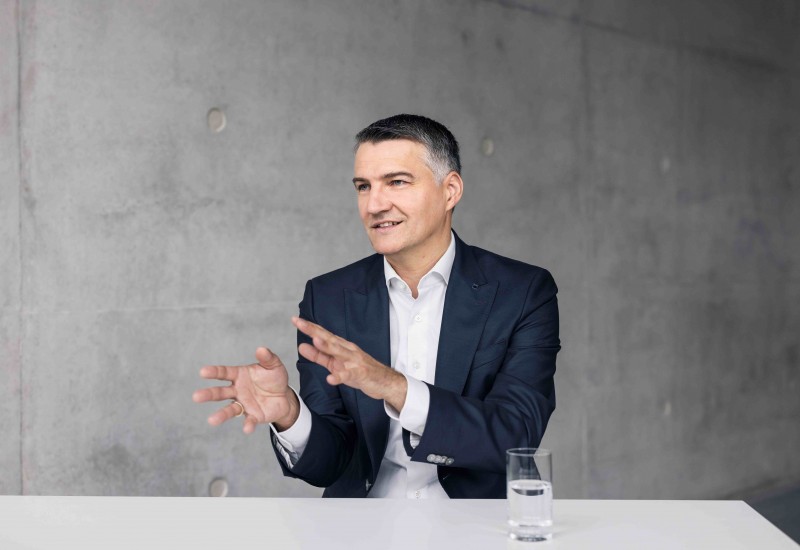







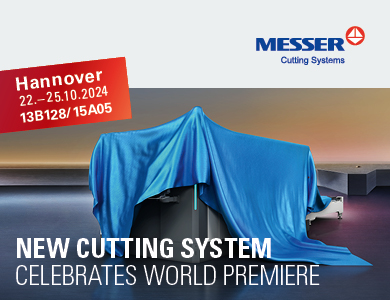





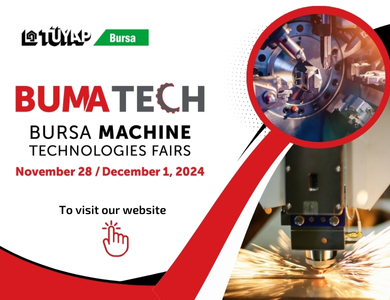

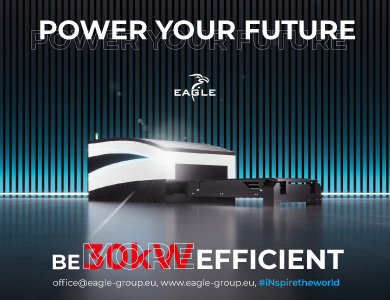







Recent comments